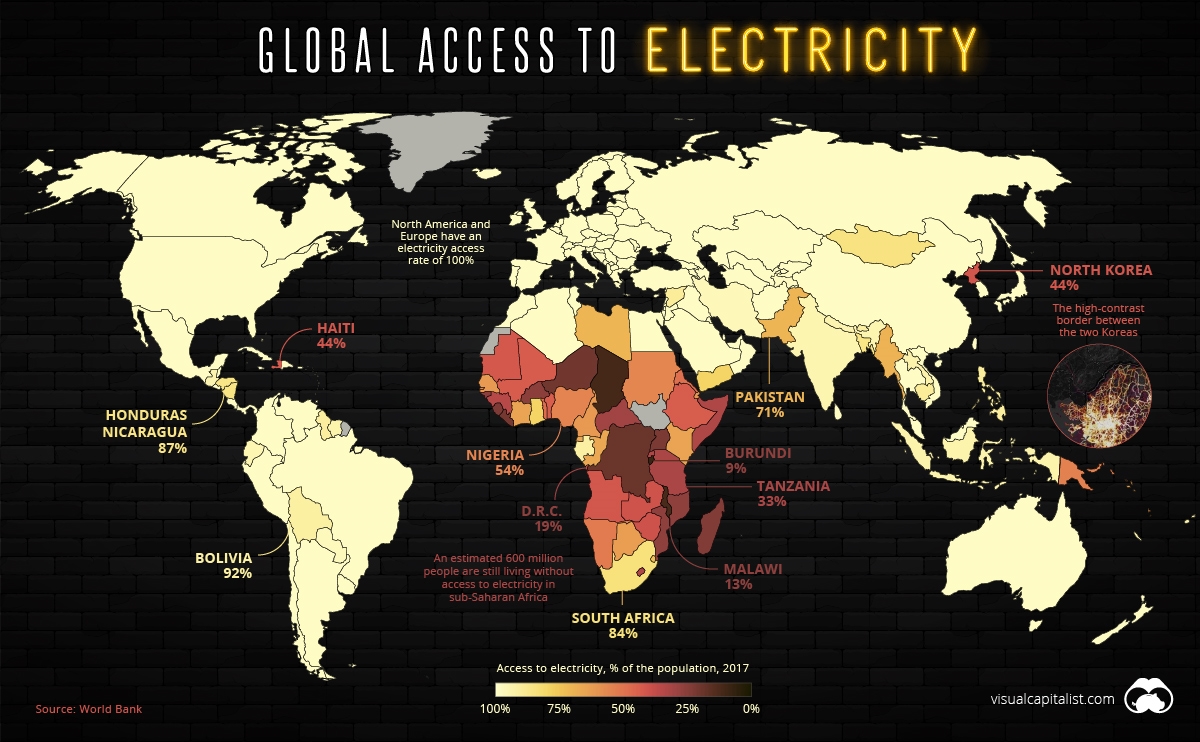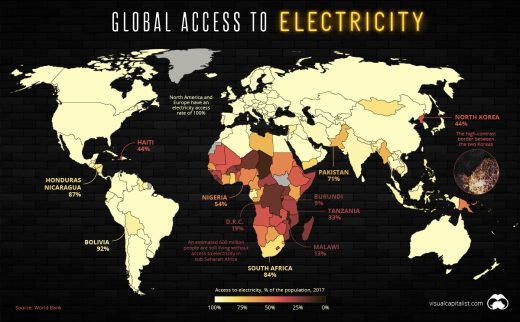Is AI Contributing to Climate Change and Delaying People Coming out of Poverty?
Is AI Contributing to Climate Change and Delaying People Coming out of Poverty?

AI has become the buzzword of the world, and an integral part of almost every company’s digital transformation agenda. AI users have become producers of AI tools and services. Corporate leaders and even the White House have come with forward with a directive on promotion, promulgation, and advancement of artificial intelligence.
On February 11, 2019, President Trump signed Executive Order 13859 announcing the American AI Initiative. Executive Order 13859 is the United States’ national strategy on artificial intelligence. 4000+ companies in the world are in the business of producing AI tools, products and services.

AI and its impact on climate change.
Gartner projects that by 2021, AI will create $ 2.9 trillion in business value and generate 6.2 billion hours in worker productivity. In light of these assumptions, it’s no wonder that PwC forecasts that A.I. could contribute $ 15.7 trillion to the global economy by 2030.
While the whole world is optimistic about AI-led use cases and championing huge investments, one thing is probably getting far less attention than it ideally should: AI – induced climate change.
Artificial intelligence advancement needs two key ingredients (other than passion):
- Tons of training data.
Machine learning models are nothing if there is no historical data to train them. Example, to train computer vision models to detect, identify and label objects that they see if a photo or a video, they need to be trained on corresponding, labeled and annotated data first for elongated periods of time, till they begin to use the learnings to then identify objects they might have seen before.
- Correspondingly a lot of storage and computing power. Now, multiply this with millions of use cases companies are developing using computer vision to detect, identify, label, and then predict some, to get an idea of the amount of infrastructure being used.
At a very conservative level, there were more than 4000* companies around the world in 2018, and growing, dedicated to developing one or more specific uses cases using AI to automate human work in one form or another.
What these 2 ingredients mean is that humungous amounts of energy requirements to store, backup and feature engineer this training data.
To give you an idea, few brainy folks @ University of Massachusetts Amherst measured that an average car produces 126,000 pounds of Co2 over its lifetime. Training a single transformer model to achieve acceptable levels of accuracy with 1 GPU over a neural architecture requires energy that would produce 626,000 pounds of Co2.
That amount of Co2 is approximately equal to about 5 cars running their engines altogether for 10 years. That stat is teaching us that merely to train a single transformer model for AI is 5 cars running for 10 years.
Extrapolating this to model building and training showing that those 4000+ AI companies are doing 24/7, it’s mind-boggling to see equivalent Co2 production and also the energy diversion towards ML training.
3 obvious questions arise.
- How ethical is this AI process — especially when more than 940 Mn people in the world do not have access to electricity?
- When corporations say they support ‘green’ initiatives, how credible is that statement, when the same corps invest billions into AI? How is it possible to be still green when you invest in AI research? Google seems to be interesting– it uses 56% of its total power needs via renewable sources of energy. In comparison, Microsoft is at about 32% and Amazon at 17%. (Cook et al., 2017.)
- Is AI progression worth it, given the climate change impact due to such levels of Co2 production & energy diversion away from the lower sections of society?
The counterargument that AI progression is creating more jobs.
So we have the counterargument that AI progression is creating more jobs and helping countries achieve a higher GDP and per capita rate. Is this a valid claim? Yes, but what remains to be examined closely is whether this is indeed new job creation or re-skilling existing manpower.
The argument with every wave of technology, from the automatic weaving looms of the early industrial revolution to the computers of today, is that jobs are not destroyed, but rather an employment shifts from one place to another as entirely new categories of employment are created.
The Luddites might have wrecked the mills as a protest against machine-enabled automation, but today, those same workers would be defending manufacturing against the disappearance of those jobs.
So are these additional jobs helping lift individuals out of poverty?
More importantly, are the additional jobs — if any. Are these supposed extra jobs actually lifting people out of poverty? Can someone work and finally have the money to finally get access to electricity? My thought is — is this the same electricity they could have had in the first place — had it not been diverted for purposes of advancing AI? Think about it.
Climate Change
Perhaps, the most fundamental of all is — What is it with AI that we can achieve that’s MORE important and precious than preserving our climate?
Is investing in AI a really good bet for a socially responsible leadership? I don’t have an answer to this, but am often intrigued by this question.
I interestingly belong to that category of the society which has been propagating the cause of AI, and I am at my wit’s end to find balance against this question. Please weight in with your thoughts on this subject. I’d love to hear from you.
These are personal views, and do not represent those of my current or previous employers.
Top Image Credit: Denniz Futalan; Pexels
The post Is AI Contributing to Climate Change and Delaying People Coming out of Poverty? appeared first on ReadWrite.
(31)


